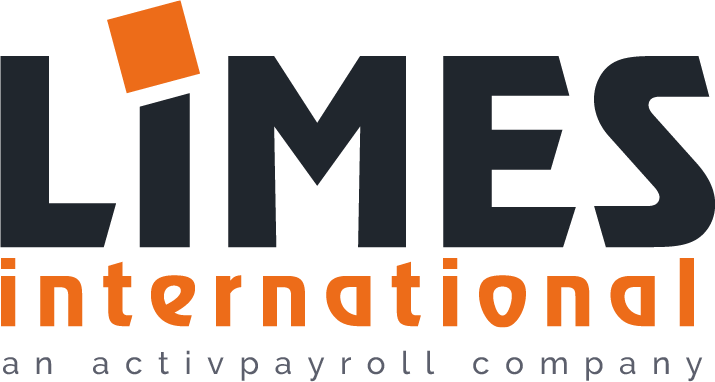As of 2019, the duration of the 30% ruling was reduced from 8 to 5 years. This applied to new cases as well as existing cases, although a limited transitional arrangement was put in place for the latter group, protecting them from a premature reduction until the end of 2020. At that time, many appeals were filed by those for whom the transitional provisions did not offer a solution. Recently, the Zeeland/West-Brabant District Court has issued its initial judgment on whether the legislative change applies to this affected group.
The court rules that after 5 years, the employee is not eligible for a tax-free 30% allowance. Primarily, the court reached this decision because, after 5 years, the employer did not pay out a tax-free 30% allowance (but paid it out as taxable income). The absence of an appointment as a final levy item (“eindheffing”) was already decisive for the verdict for both the employer and employee.
Nevertheless, the court commented on the other arguments presented by the employer. So it was stated that, among others, the reduction of the 30% ruling’s duration period is not in violation of the principle of legal certainty as the 30% ruling granting letter includes a reservation for changes in legislation and regulations. Furthermore, the court does not test the adjustment of the 30% ruling against the principles of good governance, as this is prohibited by the Constitution. Finally, the court does not see why the reduction in duration should be considered an individual and excessive burden on the concerned party (employer).
More rulings on this matter are expected in the coming years, and we will continue to inform you as relevant decisions are made.


